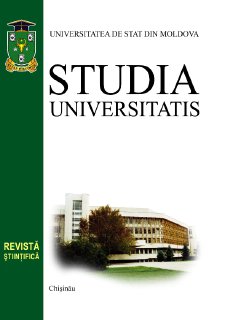TELEVISION IN THE REPUBLIC OF MOLDOVA: YEARS OF AMBIGUOUS EDITORIAL POLICIES (1998 - 2008)
Boris PARFENTIEV, Universitatea de Stat din Moldova
Abstract
The activity of television in the Republic of Moldova, the editorial policies promoted during the reviewed
period, show us a regression on the path of a modern audiovisual, based on the fundamental principles of democracy – freedom of expression, pluralism of opinions, transparency, the right to fair and impartial information.
And since 2001, after the communist political forces of the past came to power, there has been a return to the
practices of the totalitarian system – the dominant media coverage of the activities of the authorities to the detriment of the opposition, the reduction of television funding and the reduction of broadcasting volume, which
has directly affected the constitutional right of citizens to be informed, the suppression of diversity of opinion,
the suspension of certain programmes of public interest, etc. Since August 2004, the title of the company „Teleradio-Moldova” has been qualified as a public institution, but the high expectations from the new status were
in vain.
Keywords: television, editorial policies, freedom of expression, pluralism of opinions, public audiovisual institution, opposition, democratization.


